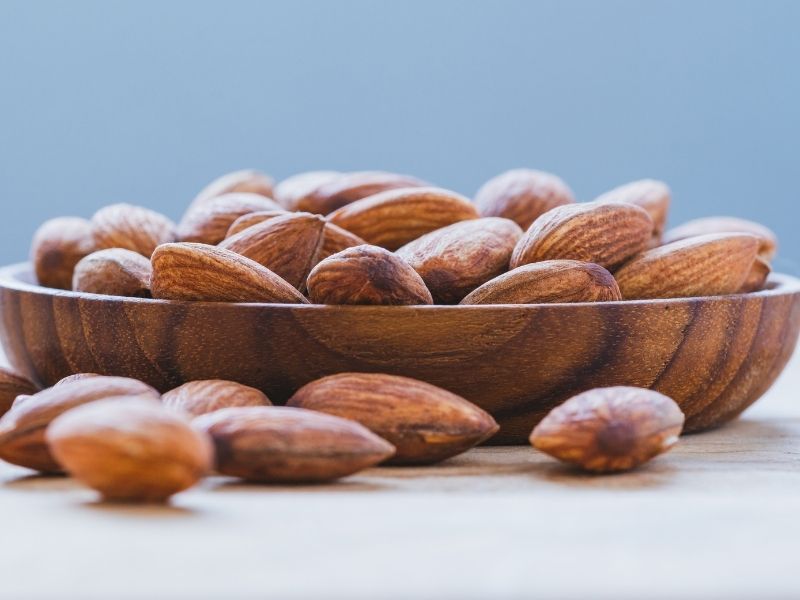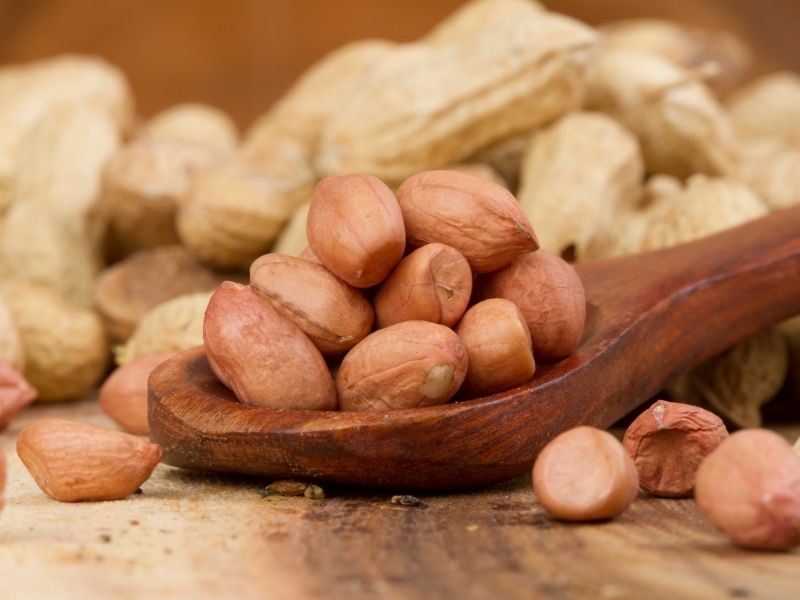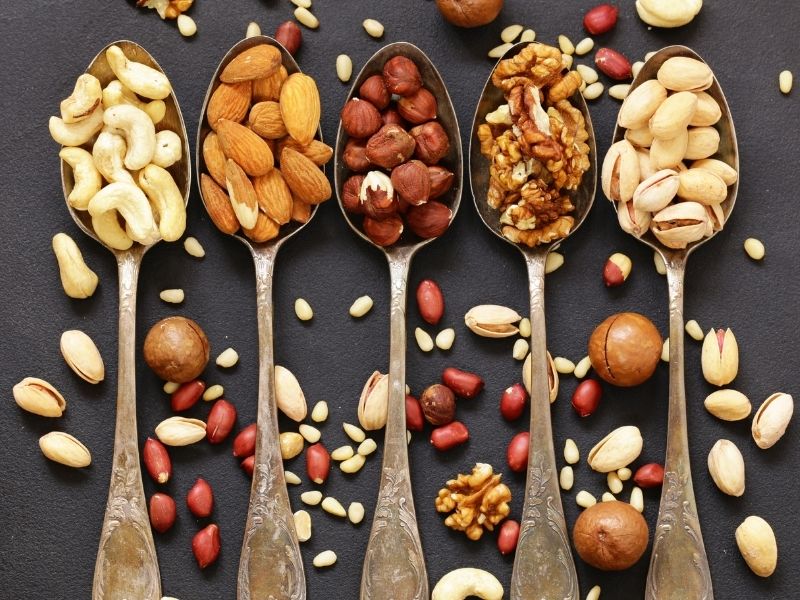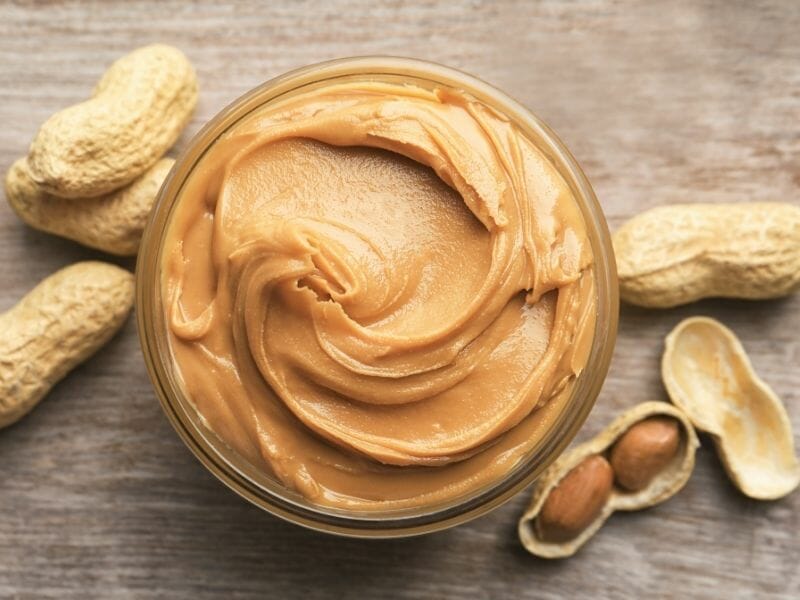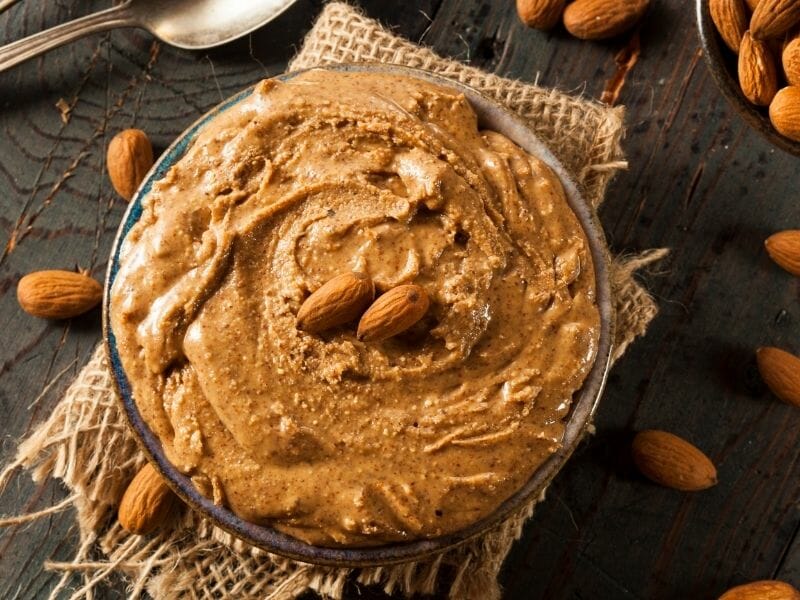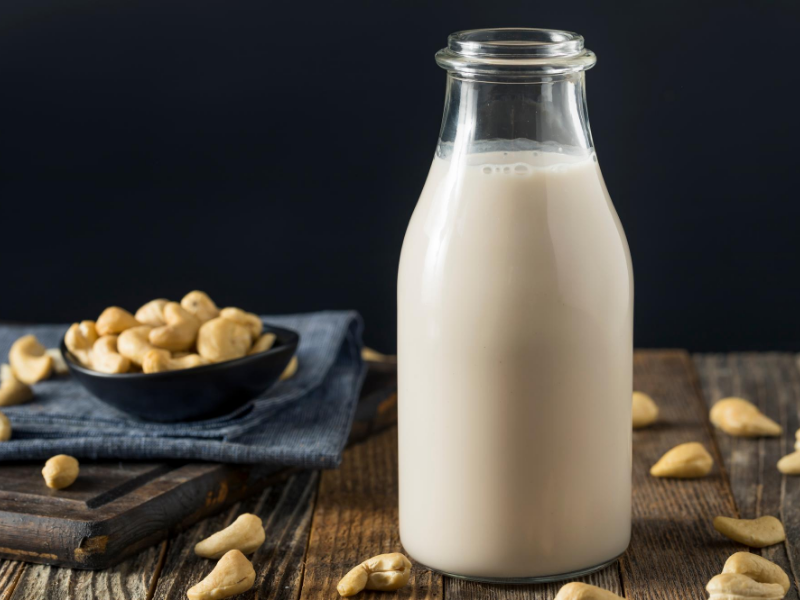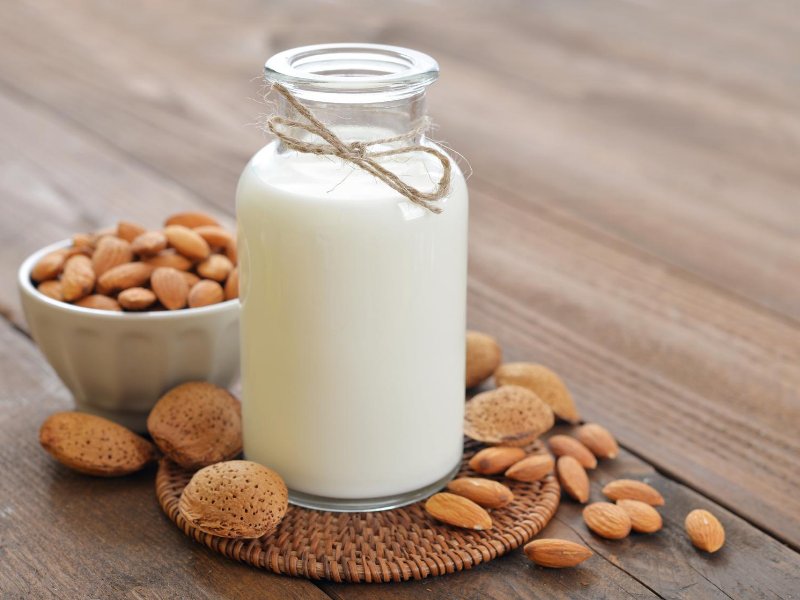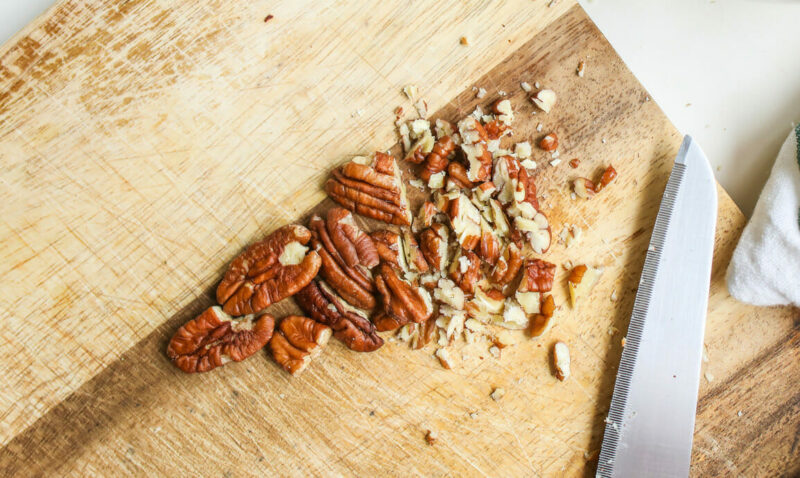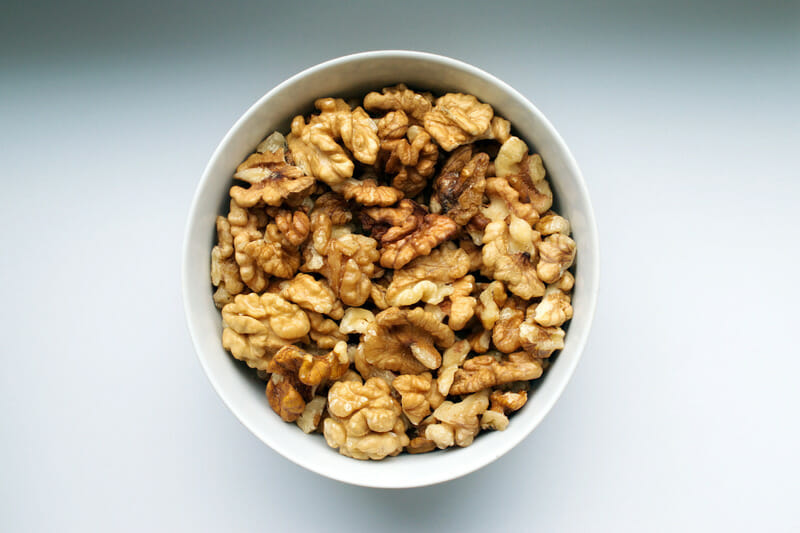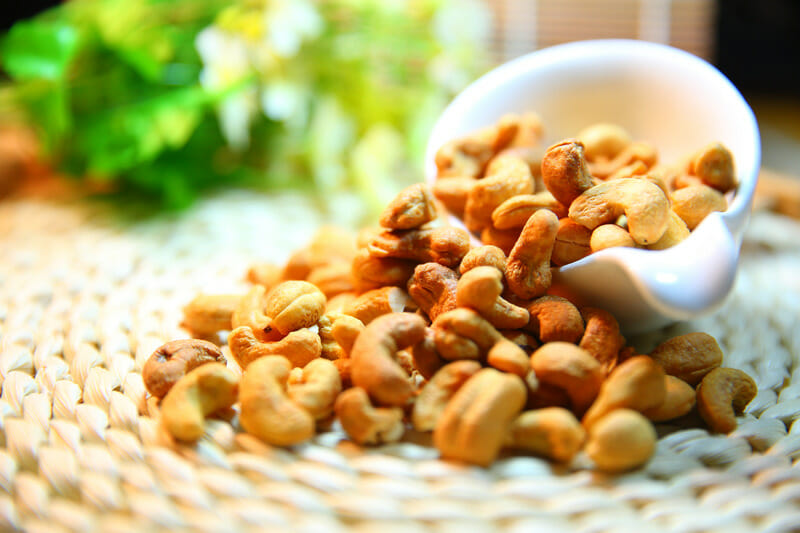It is not recommended for cats to eat almonds because of the fat and cyanogenic glycosides found in them. Almonds are a type of nut known to have high levels of fat. Because of this, it is not recommended for cats to eat them. Though munching on one to two pieces of almonds may not… Continue reading Can Cats Eat Almonds?
Tag: nuts
Can Cats Eat Peanuts?
The short answer: Yes, but only occasionally. The long answer: A peanut is a type of a legume crop that is high in magnesium and iron. Technically speaking, peanuts are high in protein, but cats need protein derived from animal meat, so feeding her peanuts regularly won’t benefit her. Cooked peanuts can be fed to… Continue reading Can Cats Eat Peanuts?
Can Cats Eat Nuts?
The short answer: It is not recommended. The long answer: Just like dogs, cats should not consume certain types of nuts. Even though nuts are a good source of healthy fats, some of them have high fat content that may lead to digestive issues in your cat. Overeating may cause immediate effects such as vomiting… Continue reading Can Cats Eat Nuts?
Can Cats Eat Peanut Butter?
The short answer: It is not recommended. The long answer: Peanut butter is a spread made from grounded, dry-roasted peanuts. Store-bought peanut butter is known for being high in protein and fat, but on the downside, it is also packed with salt, sugar, and additives that are harmful for your pet. Though peanut butter is… Continue reading Can Cats Eat Peanut Butter?
Can Dogs Eat Almond Butter?
The short answer: It depends. The long answer: Almonds are not recommended for dogs because they can cause physical obstructions in the airway or stomach. However, when blended and creamed into almond butter, it may be occasionally eaten by your dog as a treat just like peanut butter. There are risks to letting your dog… Continue reading Can Dogs Eat Almond Butter?
Can Cats Drink Cashew Milk?
The short answer: No. The long answer: Cashew milk is made from blending whole cashews with water. Sourced from trees, cashew is a kidney-shaped seed that is known for containing magnesium, phosphorus, iron, potassium, and zinc. Although cats can drink almond milk occasionally, sources recommend that they should not be given cashew milk. This is… Continue reading Can Cats Drink Cashew Milk?
Can Cats Drink Almond Milk?
The short answer: Yes, but only occasionally and in small amounts. The long answer: Kittens and cats should not be given cow’s milk because it contains lactose, which many feline pets have trouble digesting. Allowing them to drink cow’s milk may result in intestinal cramps and diarrhea. Almond milk, on the other hand, is made… Continue reading Can Cats Drink Almond Milk?
Can Dogs Eat Pecans?
The short answer: No. The long answer: Pecans should never be fed to your dog because they contain the toxin juglone. When consumed by your pet, these nuts can cause gastrointestinal upset or create an obstruction in his windpipe, esophagus, stomach, or intestines. Another concern is if your dog accidentally consumes moldy pecans. Because of… Continue reading Can Dogs Eat Pecans?
Can Dogs Eat Walnuts?
The short answer: No. The long answer: Though dogs can occasionally eat a few pieces of peanuts and cashews, walnuts are a big no-no for them. These large, hard-shelled nuts can block your dog’s airway, trigger gastrointestinal distress, and be the cause of toxic poisoning. Plus, moldy walnuts may contain tremorgenic mycotoxins that can lead… Continue reading Can Dogs Eat Walnuts?
Can Dogs Eat Cashews?
The short answer: Yes, but only very small amounts. The long answer: Cashews are one of the few nut varieties that dogs can safely consume. They are great sources of fiber, omega-3 fatty acids, antioxidants, and vitamins, and are known to improve blood pressure. Since cashews are also high in protein and fat (which can… Continue reading Can Dogs Eat Cashews?

